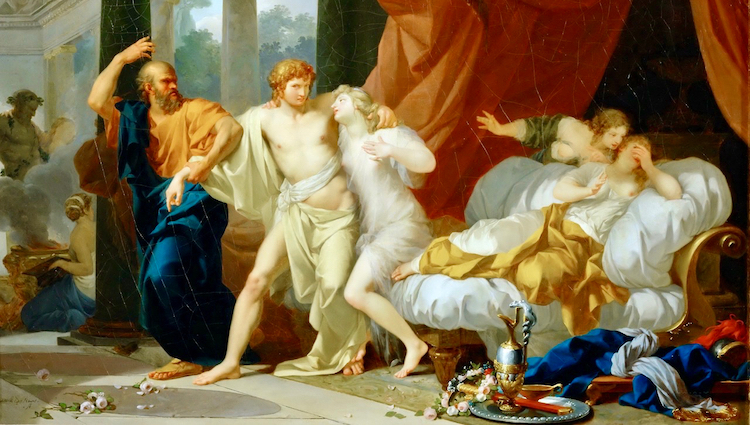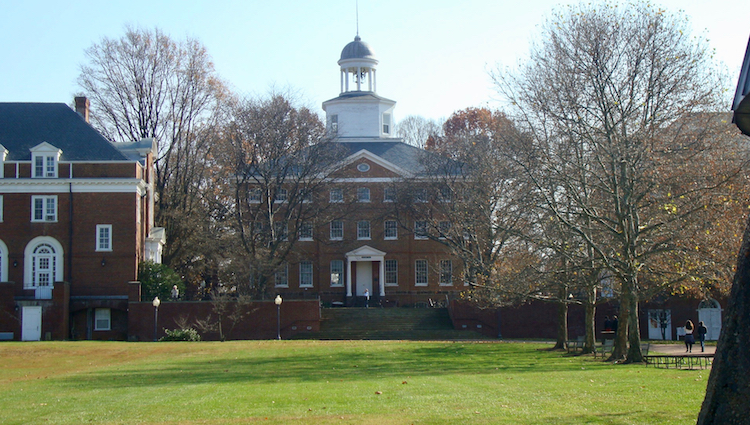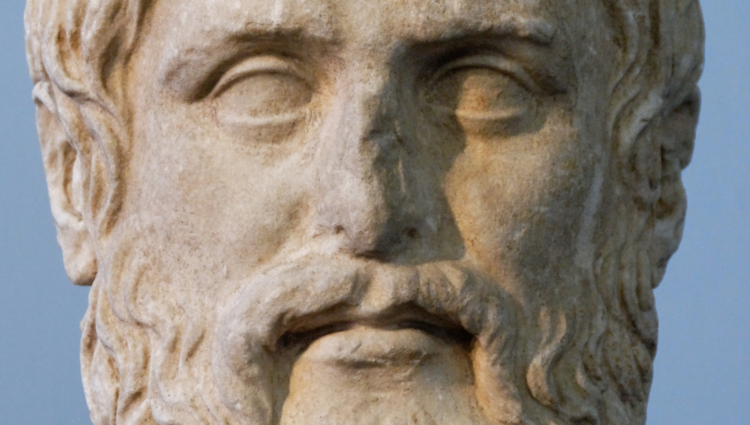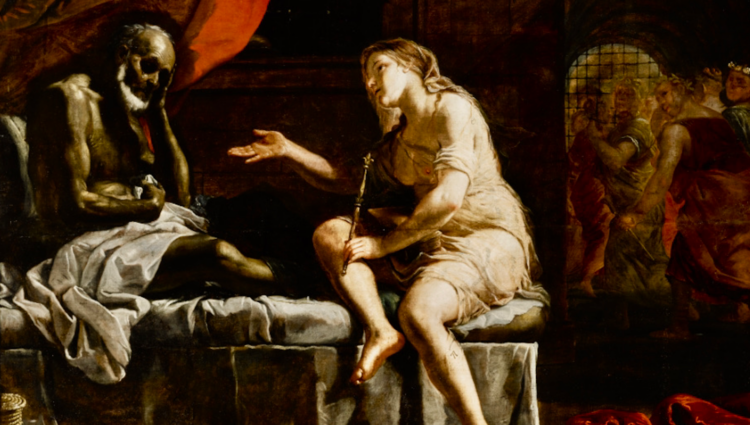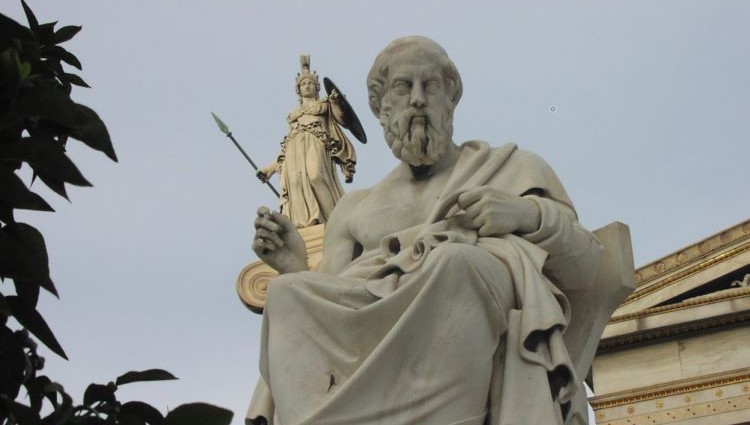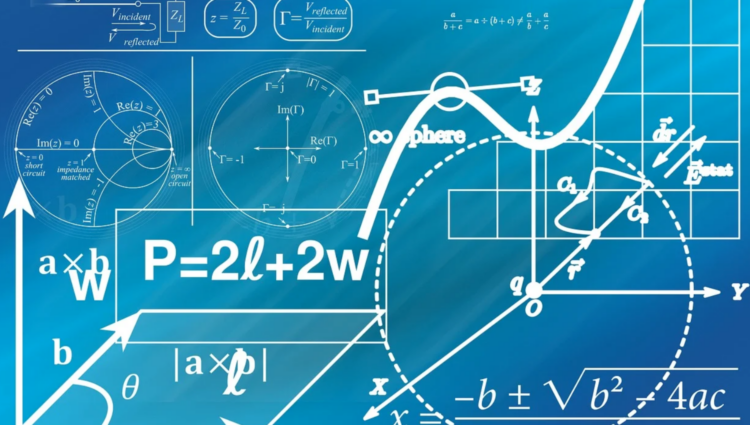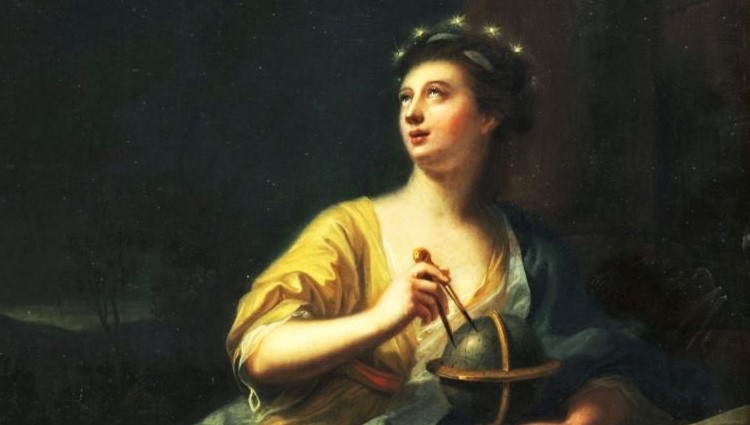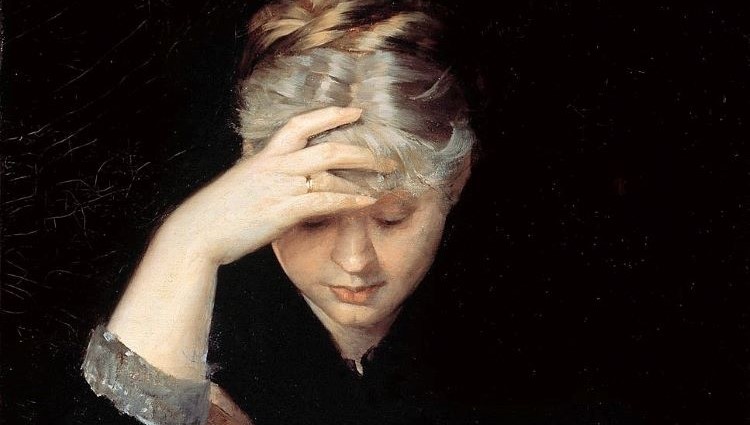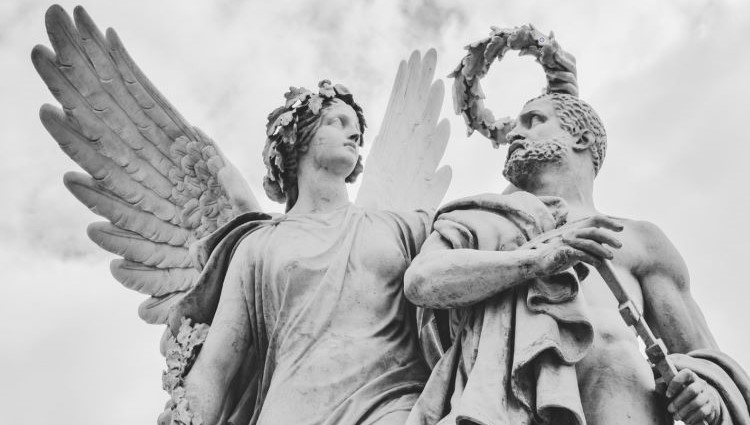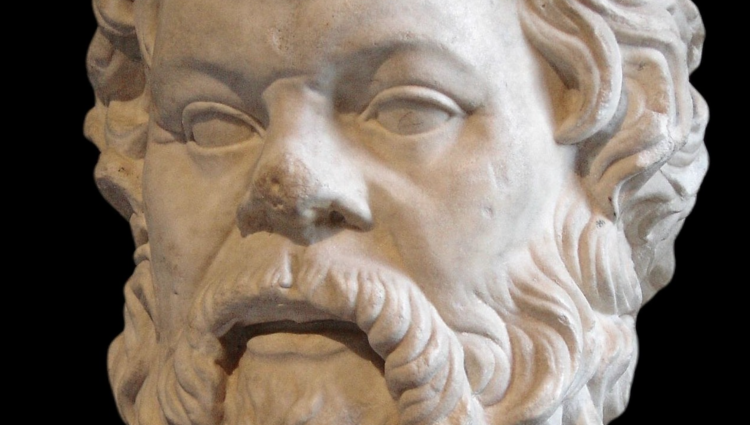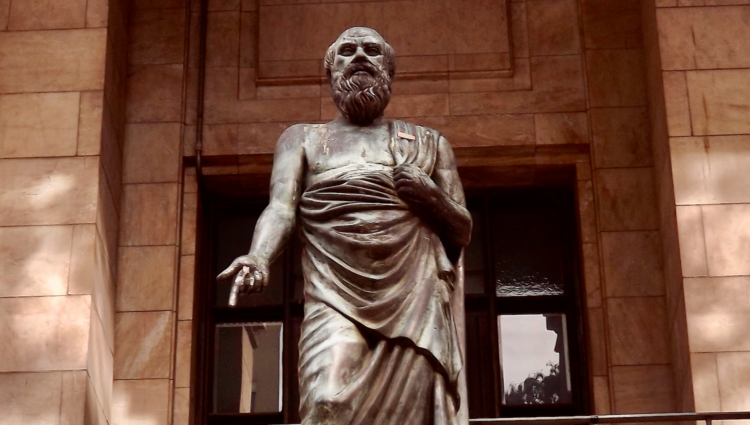Turning the Whole Soul: The Moral Journey of the Philosophic Nature in Plato’s “Republic”
According to Socrates, to save Philosophy, to save young souls destined for greatness, to save human society itself, the true, philosophic nature must be freed from the corruptive influences that have formed him and receive the best education. The soul must be turned around. I forgot that we were playing and spoke rather intensely. For, [...]

